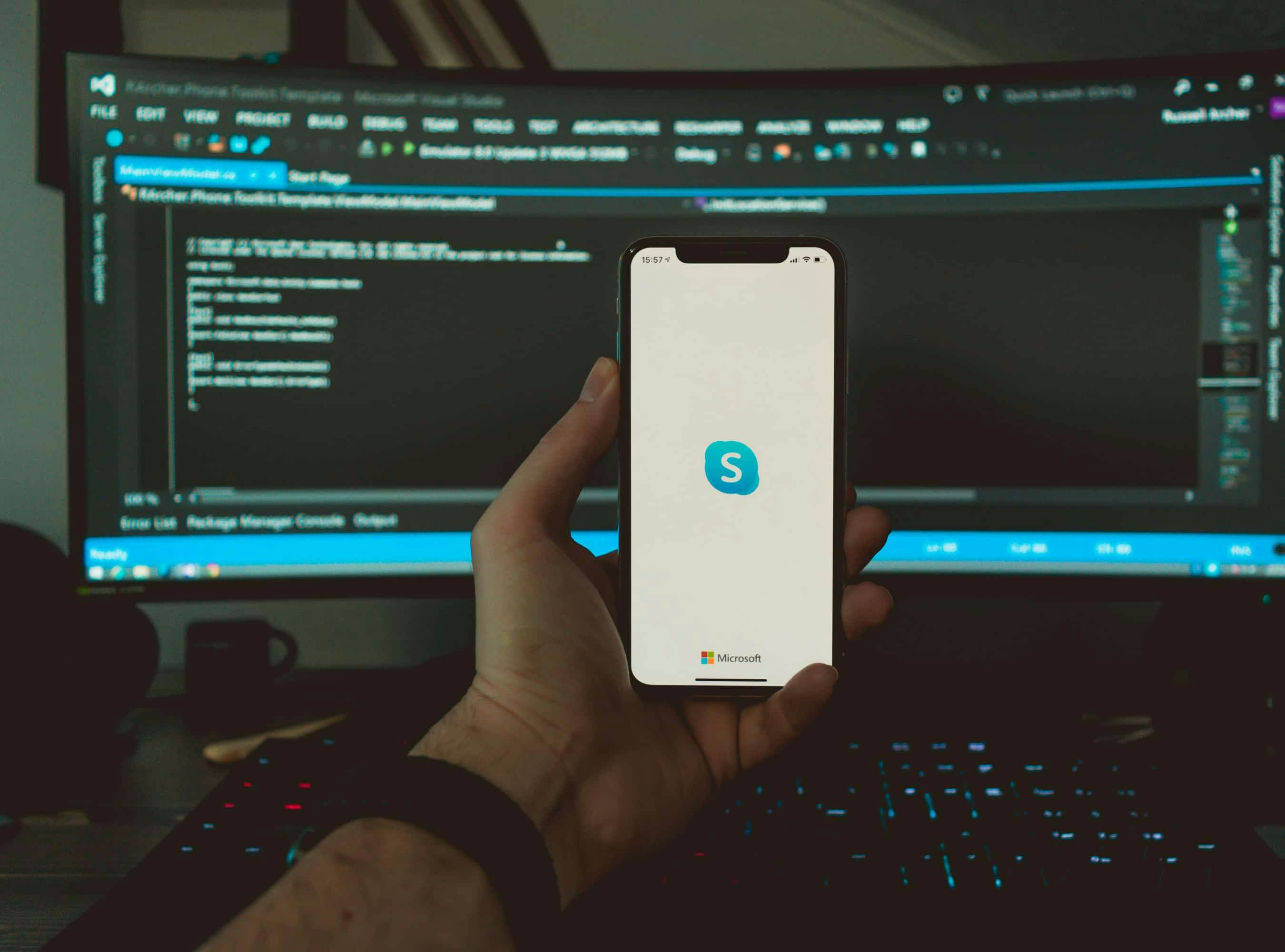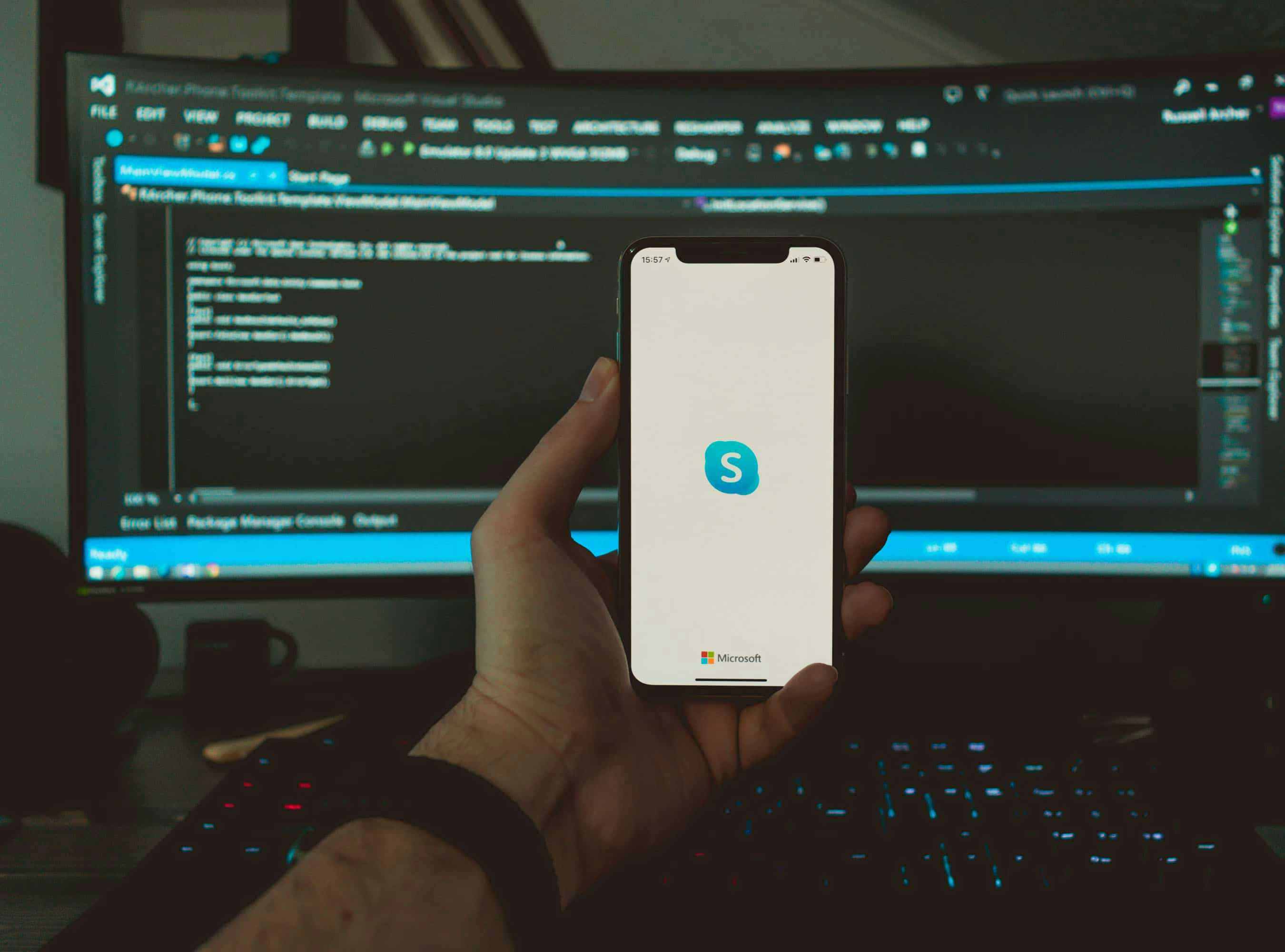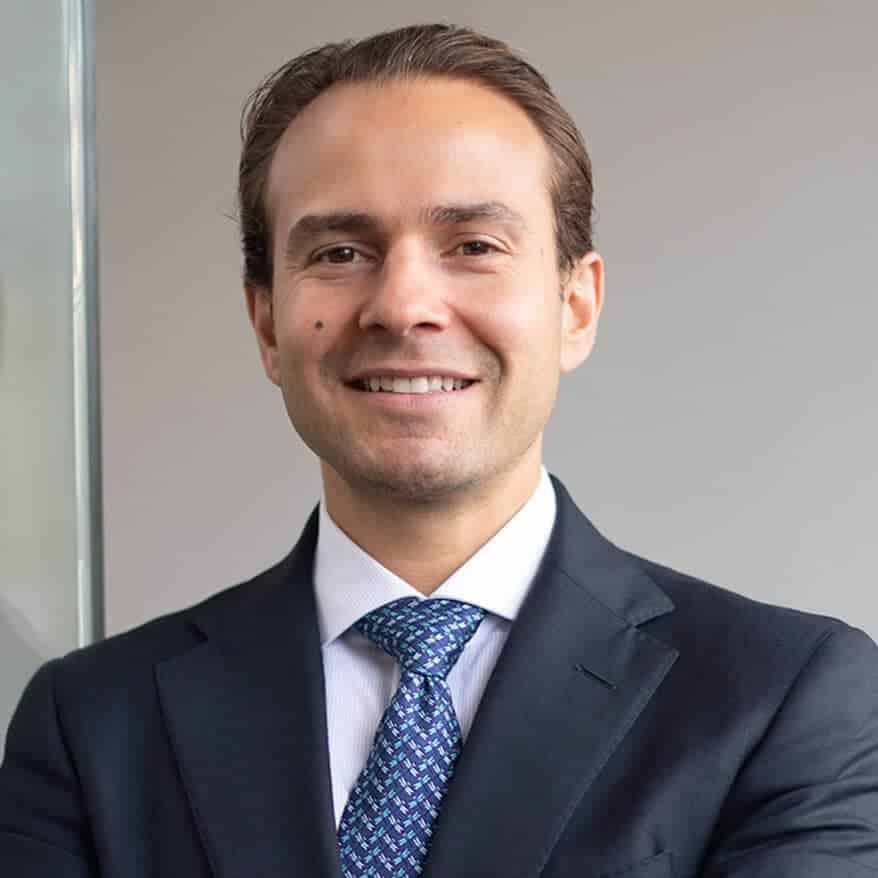Chief Administrative Judge of the New York Court System, Lawrence K. Marks announced in a memorandum on Tuesday that New York Courts will open up remote court access for non-essential pending cases beginning Monday, April 13, 2020.
This decision comes on the heels of the court system’s successful transition to virtual proceedings for essential matters over the past several weeks. The Hon. Lawrence Marks also noted that discussions with Deputy Chief and Administrative Judges, court managers, and civil attorneys from all backgrounds prompted the eagerness to “resume some level of access” to the courts.
What Constitutes Nonessential Matters?
According to the memorandum, non-essential matters include tort (medical malpractice and asbestos), commercial, matrimonial, trusts and estates, and felony, among others. Even plea hearings will be held remotely, according to a representative for the state courts.
Can New Cases be Filed?
Although prohibition on filing new non-essential matters is still in effect, judges will begin identifying cases for which court conferences can advance progress or achieve resolution.
How Will Conferences be Conducted?
At this time, conferences will be conducted via Skype or by telephone. Clerks will be assisting judges remotely, as needed.
How are Courts Handling Open Matters?
Courts with high-volume calendars, such as compliance and trial assignment parts primarily in New York City Supreme Courts and large downstate suburban counties, are reviewing existing calendars and identifying cases that can be assigned to judges to conduct remote conferences. Judges will work to decide fully submitted motions, resolve backlogs of undecided motions, and draft decisions. Judges can also schedule conferences at the request of attorneys to address discovery disputes and ad hoc concerns.
How Should Attorneys Prepare?
Since conferences will be conducted both by phone and Skype, it would be helpful to create a Skype account if you don’t already have one. Thankfully, Skype’s user-friendly feel makes video conferencing relatively straightforward. Once you download and install the software and your computer, familiarize yourself with its functionality ahead of any virtual hearings. This will ensure your calls run smoothly.
In addition to checking your tech, it’s essential to make sure your case is solid before you begin a virtual conference. One way you can dot your i’s and cross your t’s, so to speak, is by collaborating with industry professionals to review your case facts and lines of questioning.
If you’d like to speak with an expert before heading into a virtual hearing, our team is here to help. We’re happy to connect you with in-house physicians for record review, deposition preparation, or even quick questions. We can also schedule phone consultations with experts in any specialty to prepare you for the digital courtroom.




